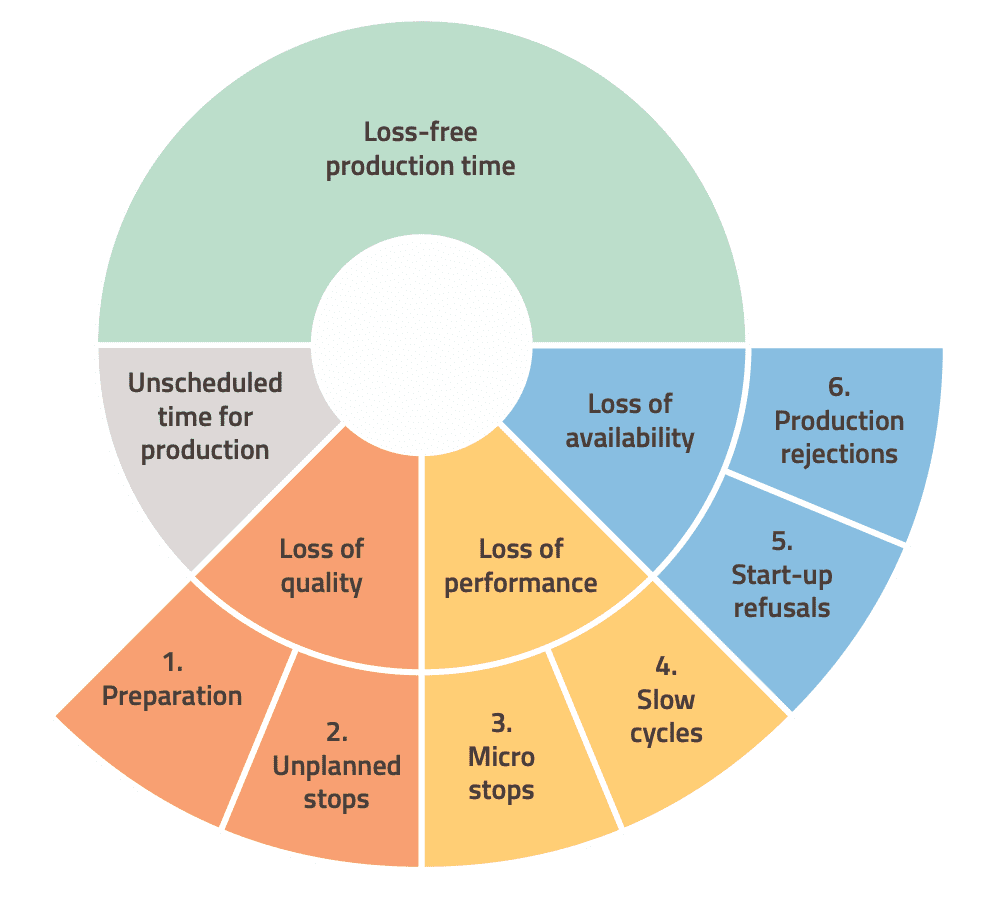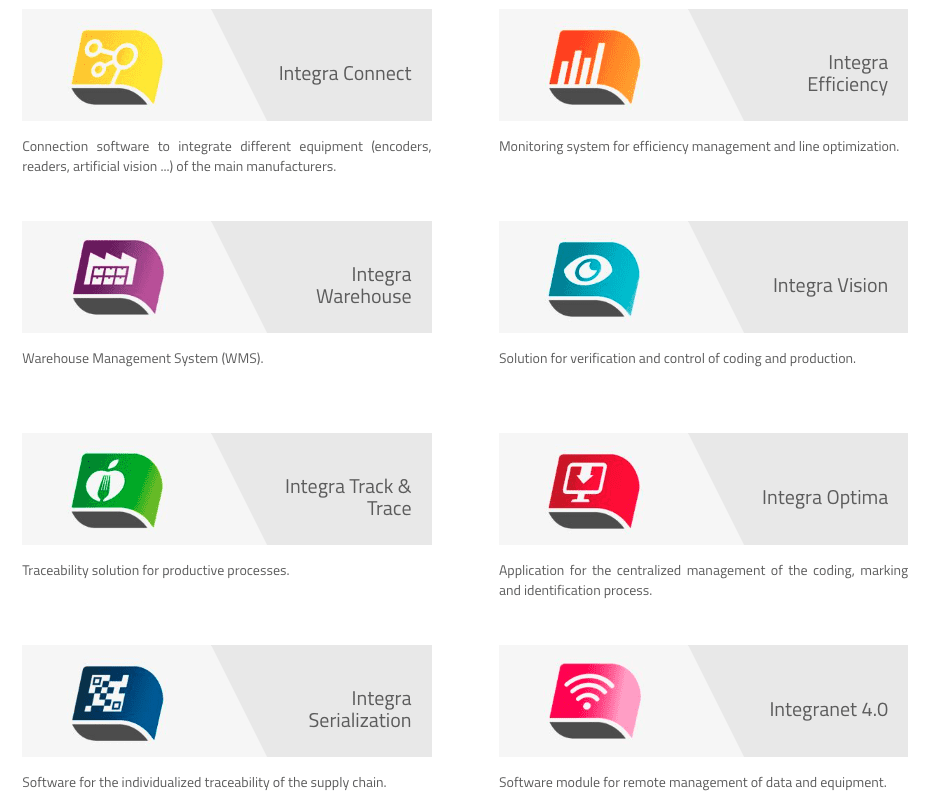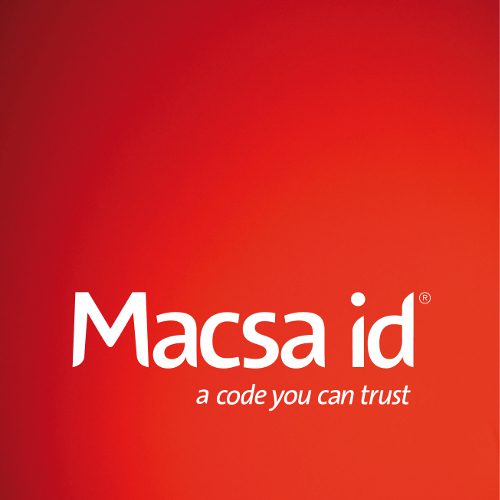Process automation is gaining increasing presence in companies from different sectors thanks to the many advantages it provides.
In this article by Macsa id we will explore how this automation can be used for monitoring and optimising production lines, identifying both its benefits and its potential challenges.
Table of contents
1. Introduction
2. Current situation
3. Webinar on “Automated Efficiency: Intelligent Monitoring For Your Company”
4. Integra, the modular Macsa id software
5. Conclusions
1. Introduction
In an increasingly competitive business world, companies are constantly looking for ways to improve their operations to increase productivity, reduce costs and deliver higher-quality products.
In this context, process automation emerges as an indispensable ally. The ability to extract real-time information and take data-driven decisions has completely transformed the way production lines are managed.
2. Current situation
Today we are witnessing a new wave of automation driven by artificial intelligence (AI) and the Internet of Things (IoT). The interconnection of machines and the ability to collect data in real time have raised automation to an unprecedented level. This translates into the ability to take informed decisions and adjust operations in real time, resulting in a more efficient and profitable production.
This evolution in automation has enabled many industrial companies to be at the forefront of production and to take full advantage of the benefits that this technology can offer.
3. Webinar on “Automated Efficiency: Intelligent Monitoring For Your Company”
On Thursday 19th October, at Macsa id we organised the free webinar titled “Automated Efficiency: Intelligent Monitoring For Your Company”. During the meeting we had speakers from Macsa id and the Endepro company, a strategic partner of Macsa id specialising in software and services for production lines, who offered a series of best practices on how to boost efficiency through intelligent monitoring in order to optimally control the production process.
Gemma Rojas, Commercial Director and Co-Founder of Endepro, exemplified, through practical cases, different ways to significantly increase the productivity of companies by incorporating process management software. Monitoring allows for decisions to be taken based on real data and not on assumptions or opinions. If you would like to relive Gemma’s presentation, we invite you to watch the webinar’s recording.
Additionally, Josep Maria Pinyol, Technical Director and Co-Founder of Endepro, shared his knowledge on Overall Equipment Efficiency (OEE). This concept is addressed as part of Total Productive Maintenance (TPM), a term of Japanese origin that focuses on the maintenance and operation of equipment.
TPM consists of measuring a series of points that reveal a productive company’s 6 big losses:
- Availability Loss: Planned stops and unplanned stops
- Performance Loss: Micro stops and slow cycles.
- Quality Loss: Start-up rejects and production rejects.
ORIGIN: Seiichi Nakajima (FOUNDER of Total Productive Maintenance)
By measuring efficiency, a production line’s degree of performance can be obtained and, if necessary, the causes can be analysed and improvement actions can be implemented.
If you want to know more about these different types of losses and how OEE is calculated, be sure to watch the full webinar:
Webinar: Automated Efficiency – Intelligent Monitoring For Your Company
4. Integra, the modular Macsa id software
For Macsa id, providing a comprehensive service for our customers is essential. This is why, as well as having the widest range of lasers and coding and marking technologies on the market, we market software to manage, control and optimise your production line equipment.
With the integra suite and its multiple software modules, we offer a complete service: software and hardware that responds to each client’s specific needs, regardless of the sector in which they operate.
This comprehensive service, hardware and software, is one of the pillars that have made Macsa id a world leader and an innovative benchmark in coding, identification and traceability solutions.
In total, Integra comprises 8 modules: Connect, Optima, Vision, Track&Trace, Serialisation, Efficiency, Warehouse and Integranet 4.0.
If you have any queries or would like more information about our modular software, please do not hesitate to contact us at this link.
5. Conclusions
As automation and technology continue to advance, monitoring emerges as an essential tool for companies aspiring to grow and improve their competitiveness.
Its advantages are clear. It enables companies to make informed decisions in real time, adjust processes proactively and ultimately optimise the efficiency of their production lines. This translates into reduced costs, improved product quality and a greater ability to meet market demand in a timely manner.
In addition, by providing a clearer and deeper insight into operations, monitoring paves the way for taking long-term strategic decisions that can drive sustainable growth.
If you would like more information about our modular software, please do not hesitate to contact us.



